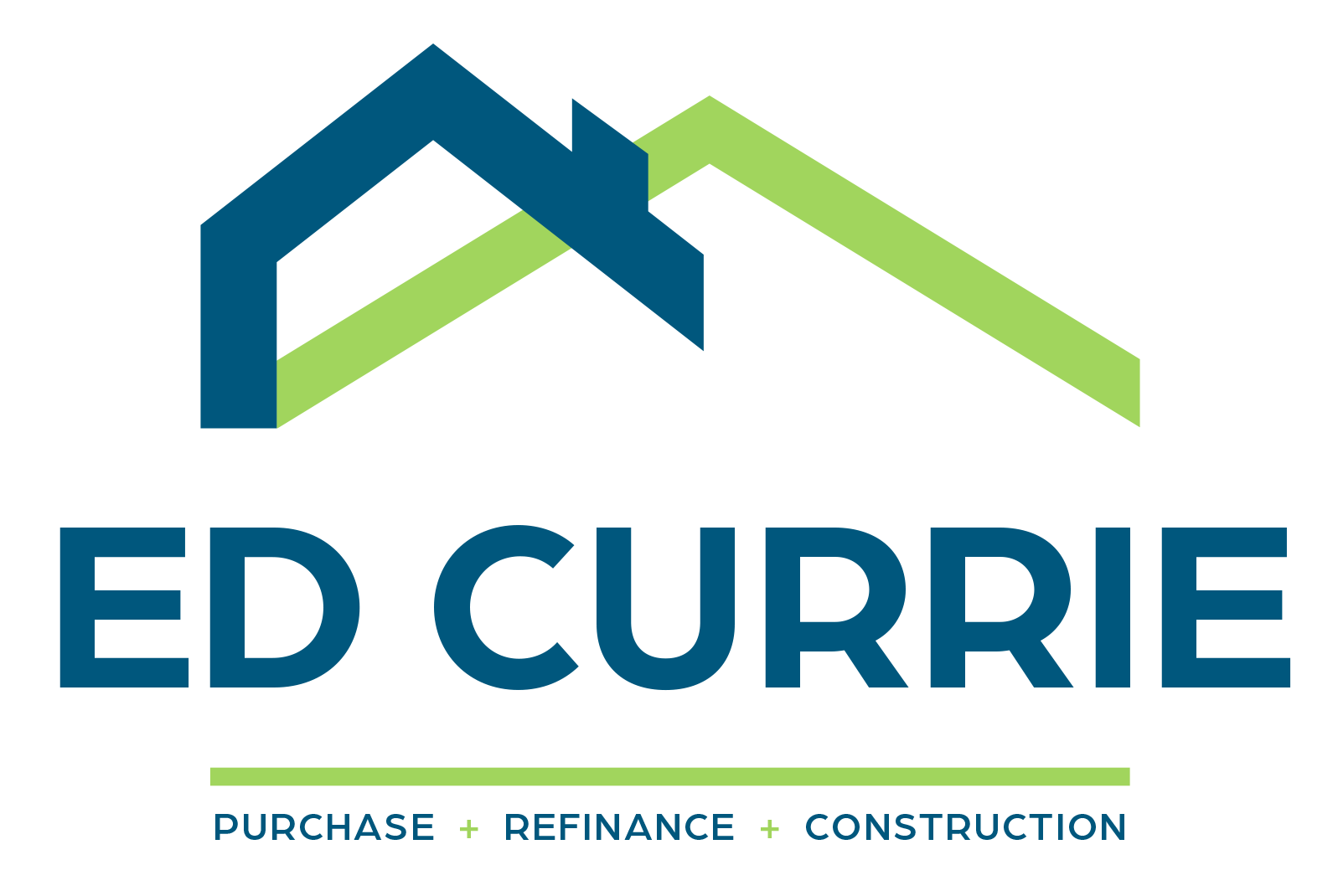Understanding Commercial Real Estate Financing
Commercial real estate financing is a specialized form of funding tailored specifically to the needs of investors in commercial properties. Unlike residential financing, which focuses on personal use, commercial financing takes into account income potential, property evaluation, and the unique characteristics of commercial real estate. Commercial properties encompass a wide range of assets, including office buildings, retail spaces, industrial complexes, and multifamily residences. The financing options available for commercial real estate cater to the diverse requirements and objectives of investors in these different property types.Types of Commercial Real Estate Financing
Commercial Mortgages
Commercial mortgages are a popular choice among investors seeking long-term financing for commercial properties. These mortgages are secured by the property itself and typically offer fixed or variable interest rates. With loan terms ranging from 5 to 20 years or more, commercial mortgages provide investors with the stability and flexibility needed to fund property acquisitions or refinance existing loans. They offer several advantages, including competitive interest rates, extended repayment periods, and the potential for building equity in the property over time. Commercial mortgages are well-suited for investors looking for stable, long-term financing solutions that align with their investment goals and strategies.Bridge Loans
Bridge loans serve as short-term financing solutions that bridge the gap between property purchase/renovation and long-term financing or property sale. They provide quick access to capital, enabling investors to seize time-sensitive opportunities or undertake property improvement projects promptly. While bridge loans have shorter terms and higher interest rates than traditional commercial mortgages, they offer flexibility and expedited funding, making them suitable for investors needing immediate capital or transitioning between properties.Construction Loans
Construction loans support investors in developing or constructing commercial properties. They cover expenses like land acquisition, materials, and labor. Funds are released gradually as construction milestones are achieved. This staged disbursement ensures access to necessary capital. After project completion, the loan can be converted into a long-term mortgage or refinanced.Mezzanine Loans
Mezzanine loans bridge the gap between the primary loan and borrower’s equity, providing additional capital for larger commercial projects. Although they carry higher risks and interest rates, they allow investors to leverage existing equity without diluting ownership. Mezzanine loans are valuable in complex real estate transactions requiring substantial capital beyond traditional financing options.Qualifying for Commercial Real Estate Financing
Securing commercial real estate financing involves meeting certain qualifications and considerations. Lenders evaluate several factors to assess an investor’s eligibility and the risk associated with the investment. Understanding these criteria can help investors prepare for the financing process and increase their chances of approval. Creditworthiness is a crucial factor in obtaining commercial real estate financing. Lenders typically review an investor’s credit history and credit score to assess their creditworthiness. A strong credit profile enhances the likelihood of obtaining favorable financing terms. Factors such as location, property type, occupancy rates, and rental income play a significant role in the evaluation of the property being financed. Thorough due diligence, risk assessment, and careful financial planning are essential to mitigate risks and ensure a successful investment venture. Commercial real estate financing offers several benefits that can propel investors toward their investment goals. Investing in commercial real estate can provide significant income potential through rental income and property appreciation. Including commercial properties in an investment portfolio offers diversification benefits, spreading risk across different asset classes and stabilizing overall investment performance. Commercial real estate financing also enables investors to pursue larger-scale investments, expanding their investment portfolio and maximizing returns. However, it is important for investors to be aware of potential risks and challenges associated with commercial real estate financing. Market volatility, property management complexities, tenant turnover, and interest rate fluctuations can impact the success of commercial investments. Thorough due diligence, risk assessment, and careful financial planning are crucial to mitigate these risks and ensure a successful investment venture.Partnering with Ed Currie for Commercial Real Estate Financing
Partnering with Ed Currie for commercial real estate financing offers several advantages for investors. Our team possesses extensive experience and expertise in the commercial real estate financing landscape, ensuring that we stay updated with industry trends, regulations, and financing options. We provide personalized financing solutions tailored to each investor’s unique requirements, ensuring the most suitable option for specific commercial real estate projects. At Ed Currie, we simplify the financing process by handling paperwork, negotiations, and interactions with lenders on behalf of investors, streamlining the lending experience. With our established relationships with a network of lenders, we can secure competitive rates and terms for commercial real estate financing, aligning with investors’ objectives. For more tips and our latest updates, check us out on Facebook, Twitter, LinkedIn, or Pinterest!
Investing in commercial real estate can be a lucrative endeavor, offering the potential for long-term income and wealth creation. However, accessing the necessary funds to acquire or develop commercial properties is a crucial step in the investment process. Commercial real estate financing provides investors with the means to secure the capital required for these ventures.
In this article, we will explore the various financing options available to investors, highlighting the benefits and considerations of each option. Whether you are a seasoned investor or a newcomer to the commercial real estate market, understanding these financing options is essential for successful investment strategies.
Understanding Commercial Real Estate Financing
Commercial real estate financing is a specialized form of funding tailored specifically to the needs of investors in commercial properties. Unlike residential financing, which focuses on personal use, commercial financing takes into account income potential, property evaluation, and the unique characteristics of commercial real estate.
Commercial properties encompass a wide range of assets, including office buildings, retail spaces, industrial complexes, and multifamily residences. The financing options available for commercial real estate cater to the diverse requirements and objectives of investors in these different property types.
Types of Commercial Real Estate Financing
Commercial Mortgages
Commercial mortgages are a popular choice among investors seeking long-term financing for commercial properties. These mortgages are secured by the property itself and typically offer fixed or variable interest rates. With loan terms ranging from 5 to 20 years or more, commercial mortgages provide investors with the stability and flexibility needed to fund property acquisitions or refinance existing loans. They offer several advantages, including competitive interest rates, extended repayment periods, and the potential for building equity in the property over time. Commercial mortgages are well-suited for investors looking for stable, long-term financing solutions that align with their investment goals and strategies.
Bridge Loans
Bridge loans serve as short-term financing solutions that bridge the gap between property purchase/renovation and long-term financing or property sale. They provide quick access to capital, enabling investors to seize time-sensitive opportunities or undertake property improvement projects promptly. While bridge loans have shorter terms and higher interest rates than traditional commercial mortgages, they offer flexibility and expedited funding, making them suitable for investors needing immediate capital or transitioning between properties.
Construction Loans
Construction loans support investors in developing or constructing commercial properties. They cover expenses like land acquisition, materials, and labor. Funds are released gradually as construction milestones are achieved. This staged disbursement ensures access to necessary capital. After project completion, the loan can be converted into a long-term mortgage or refinanced.
Mezzanine Loans
Mezzanine loans bridge the gap between the primary loan and borrower’s equity, providing additional capital for larger commercial projects. Although they carry higher risks and interest rates, they allow investors to leverage existing equity without diluting ownership. Mezzanine loans are valuable in complex real estate transactions requiring substantial capital beyond traditional financing options.
Qualifying for Commercial Real Estate Financing
Securing commercial real estate financing involves meeting certain qualifications and considerations. Lenders evaluate several factors to assess an investor’s eligibility and the risk associated with the investment. Understanding these criteria can help investors prepare for the financing process and increase their chances of approval.
Creditworthiness is a crucial factor in obtaining commercial real estate financing. Lenders typically review an investor’s credit history and credit score to assess their creditworthiness. A strong credit profile enhances the likelihood of obtaining favorable financing terms. Factors such as location, property type, occupancy rates, and rental income play a significant role in the evaluation of the property being financed. Thorough due diligence, risk assessment, and careful financial planning are essential to mitigate risks and ensure a successful investment venture.
Commercial real estate financing offers several benefits that can propel investors toward their investment goals. Investing in commercial real estate can provide significant income potential through rental income and property appreciation. Including commercial properties in an investment portfolio offers diversification benefits, spreading risk across different asset classes and stabilizing overall investment performance. Commercial real estate financing also enables investors to pursue larger-scale investments, expanding their investment portfolio and maximizing returns.
However, it is important for investors to be aware of potential risks and challenges associated with commercial real estate financing. Market volatility, property management complexities, tenant turnover, and interest rate fluctuations can impact the success of commercial investments. Thorough due diligence, risk assessment, and careful financial planning are crucial to mitigate these risks and ensure a successful investment venture.
Partnering with Ed Currie for Commercial Real Estate Financing
Partnering with Ed Currie for commercial real estate financing offers several advantages for investors. Our team possesses extensive experience and expertise in the commercial real estate financing landscape, ensuring that we stay updated with industry trends, regulations, and financing options. We provide personalized financing solutions tailored to each investor’s unique requirements, ensuring the most suitable option for specific commercial real estate projects. At Ed Currie, we simplify the financing process by handling paperwork, negotiations, and interactions with lenders on behalf of investors, streamlining the lending experience. With our established relationships with a network of lenders, we can secure competitive rates and terms for commercial real estate financing, aligning with investors’ objectives.
For more tips and our latest updates, check us out on Facebook, Twitter, LinkedIn, or Pinterest!




![EdCurrie_Logo White[Transparent] EdCurrie_Logo White[Transparent]](https://edcurrie.com/wp-content/uploads/elementor/thumbs/EdCurrie_Logo-WhiteTransparent-qybu3sjgpfhje9098uitv7fpt7os2hgn52gfy6ocx4.png)